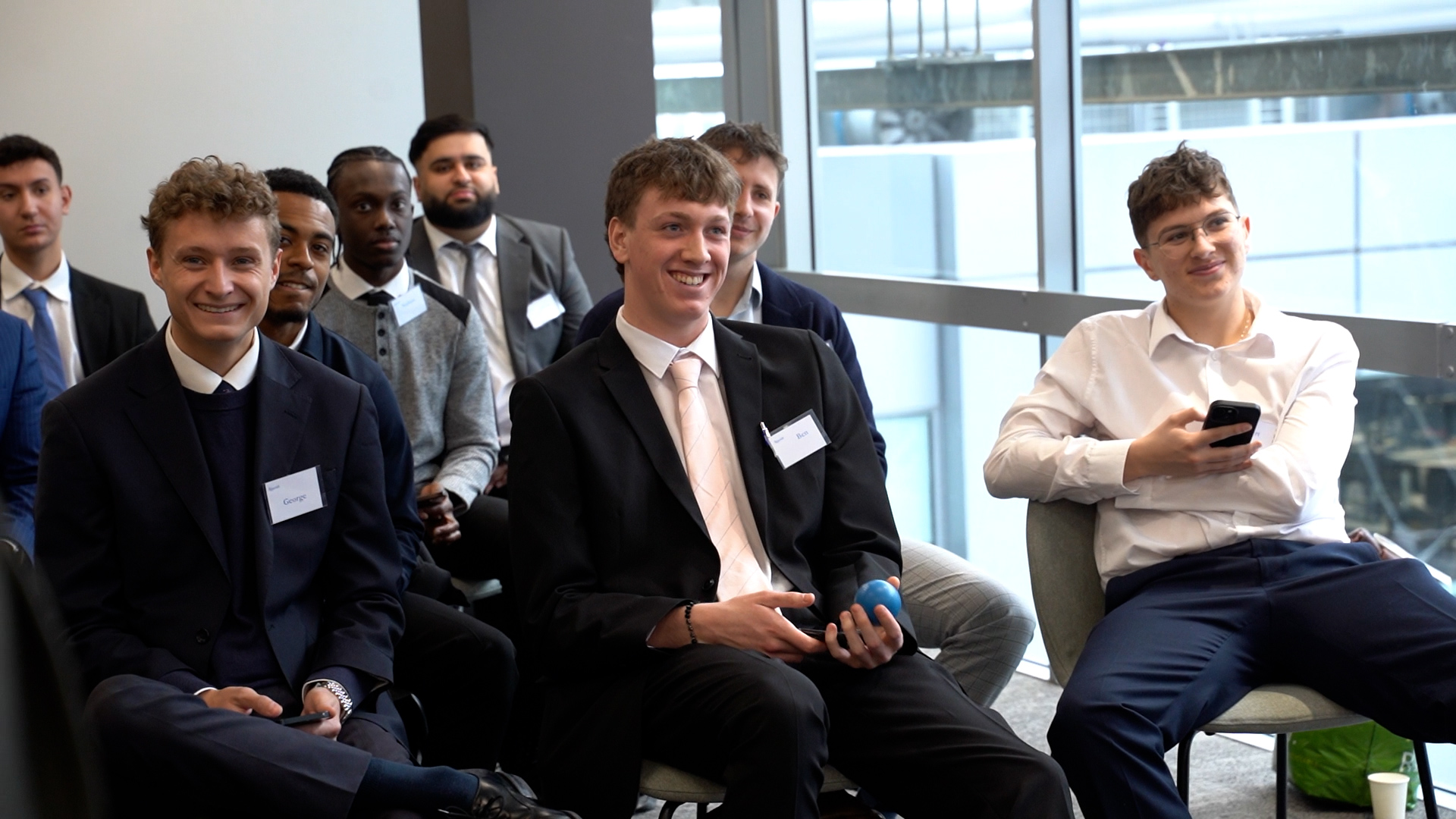How to Shine in Group Job Interviews: A Guide for Introverts and Thoughtful Professionals
Published on September 23, 2025

Group job interviews can feel overwhelming, especially if you’re someone who thrives in quieter, more intimate settings. We here at Flourish, believe that everyone has unique strengths to offer – and group interviews are actually an great opportunity to showcase the thoughtful, strategic thinking that many introverts naturally possess.
If the thought of competing for attention with five other candidates makes you want to hide under your desk, you’re not alone. But here’s the truth: you don’t need to be the loudest voice in the room to be the most memorable one.
Reframe the Challenge as an Opportunity
Group interviews aren’t just about individual performance; they’re about demonstrating how you work with others, contribute to discussions, and add value to a team dynamic. These are areas where thoughtful professionals often excel, even if they don’t realise it.
Think of it this way: while others might be focused on dominating the conversation, you have the opportunity to be the candidate who listens deeply, asks insightful questions based on what has been spoken about, and builds on others’ ideas in thoughtful ways.
Preparation is Your Secret Weapon
As someone who likely processes information internally, preparation will be your greatest asset. Here’s how to set yourself up for success:
Research the company deeply. Go beyond the website, understand their recent initiatives, company culture, and industry challenges. Use LinkedIn to research the interviewers and Glassdoor for insider insights. This knowledge will give you confidence and relevant talking points. This is a must.
Practice your elevator pitch. Have a concise, compelling introduction ready. Learn more about crafting your perfect elevator pitch. Practice it until it feels natural, so you can deliver it confidently when the moment arises.
Prepare thoughtful questions. Come armed with 3-4 insightful questions about the role, team dynamics, or company direction. Questions demonstrate engagement and strategic thinking. Great to have in your back pocket.
Anticipate group scenarios. Think through how you’d handle disagreement, build consensus, or contribute to problem-solving exercises. Practice with your friends.
Strategic Ways to Stand Out
Be the bridge-builder. When discussions get heated or scattered, step in with phrases like “I think both Sarah and Mike have valid points – what if we combined their approaches?” This shows leadership through collaboration.
Demonstrate active listening. Reference others’ comments thoughtfully: “Building on what Jennifer mentioned about customer experience…” This shows you’re engaged and can synthesise information. Just make sure to handle with compassion.
Ask the follow-up questions others miss. While others rush to share their own ideas, you can add depth with questions like “What metrics would we use to measure success on this?” or “What obstacles might we encounter with this approach?” This all comes from the aforementioned ‘active listening’
Use strategic pauses. Don’t feel pressured to fill every silence immediately. Sometimes waiting a beat before responding shows you’re being thoughtful and can actually draw more attention to your contribution.
Quality Over Quantity
Remember: it’s not about speaking the most – it’s about making your contributions count. One well-timed, insightful comment can be worth more than ten scattered observations.
Choose your moments. Rather than forcing yourself into every discussion, identify 2-3 key opportunities where you can add real value. Step in when your knowledge field is brought up.
Share specific examples. When you do speak, use concrete examples from your experience. This makes your contributions more memorable and demonstrates your expertise.
Be authentic. Don’t try to transform into an extrovert for the interview. Instead, lean into your natural strengths: analytical thinking, careful observation, and thoughtful communication.
Navigate Group Dynamics with Grace
Acknowledge others generously. A simple “That’s a great insight, David” before adding your own perspective shows emotional intelligence and collaboration skills. Its nice to be nice.
Find your allies. Identify one or two other candidates who seem collaborative rather than competitive. Building on their ideas can create positive momentum. Work together.
Stay engaged even when not speaking. Your body language and facial expressions matter. Show you’re actively listening and thinking, even during quiet moments. Slouching, looking out the window and checking your nails signify that you’d rather be somewhere else.
The Follow-Up Advantage
After the interview, your natural inclination toward thoughtful communication becomes a huge advantage. Send a personalised thank-you note that references specific moments from the group discussion. This shows you were paying attention and can reflect meaningfully on the experience.
Your Flourish Moment
At Flourish, we’ve seen countless professionals discover that their perceived “weaknesses” are actually their greatest strengths in disguise. Your tendency to listen before speaking? That’s emotional intelligence. Your preference for processing information before responding? That’s strategic thinking. Your discomfort with self-promotion? That often translates to authentic leadership.
Group interviews aren’t about changing who you are – they’re about showcasing the unique value you bring to a team. The right company will recognise and appreciate the thoughtful, collaborative approach you naturally offer.
Remember: the goal isn’t to be the loudest voice in the room. It’s to be the voice that adds the most value. And that’s something you’re already equipped to do.
Get in touch with the Flourish team to discuss your requirements and access our pool of eager, capable early-career pros who are ready for the right step into sales, business development and account management.
In Sales. In life.
0333 996 0168
